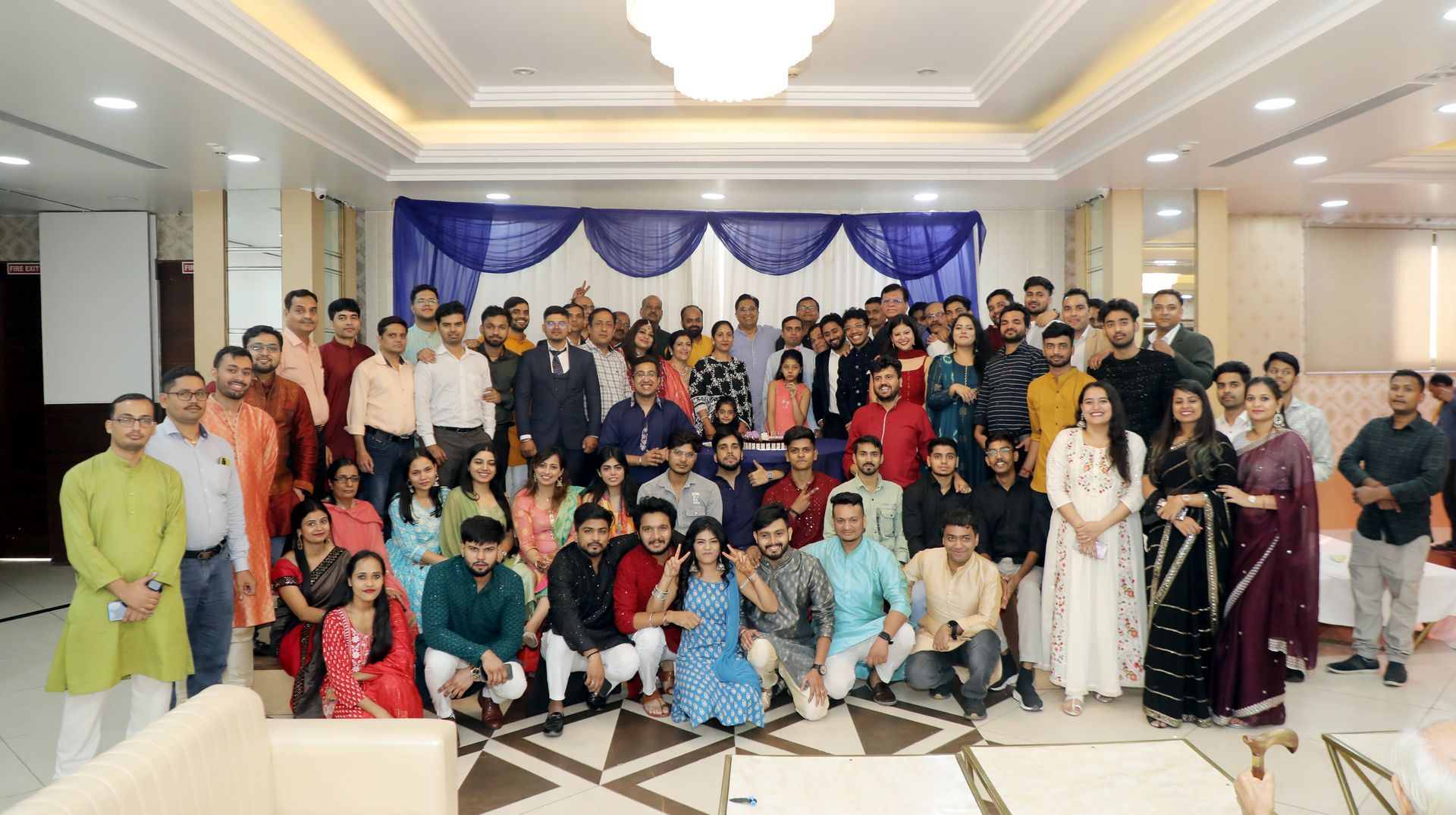Cultural diversity significantly influences international business transactions and relationships. As globalization continues to increase, cross-border trade is expected to reach $29 trillion by 2030, making it vital for companies to adapt to cultural differences (World Bank, 2021). Companies operating across multiple countries and cultures must recognize and adapt to these differences to avoid misunderstandings and foster successful partnerships with clients and customers. This article explores the role of cultural differences in international business, the challenges they present, and strategies for overcoming them.
1. The Many Facets of Cultural Differences:
Cultural variances can manifest in numerous ways during international business transactions, including language, customs, values, beliefs, and attitudes. In fact, up to 50% of international joint ventures fail due to cultural misunderstandings (Hofstede, 2011). These differences may lead to communication barriers, misunderstandings, and even conflicts between business partners and customers. For instance, a seemingly innocuous gesture or phrase in one culture may be interpreted as rude or offensive in another, potentially resulting in lost business opportunities, strained relationships, and legal disputes.
2. Negotiations and Business Etiquette:
Cultural differences significantly impact negotiations and business etiquette. A study found that negotiators who are sensitive to their counterparts' cultural backgrounds can achieve up to 42% higher joint gains (Brett et al., 1998). Negotiating styles and acceptable approaches can vary across cultures, requiring businesses to adapt accordingly. For example, Western cultures often value direct communication and assertiveness in negotiations, while Eastern cultures prioritize indirect communication and relationship-building. Cultural norms regarding business attire, gift-giving, and punctuality also differ considerably across cultures, necessitating understanding and adherence to avoid offence.
3. Strategies for Overcoming Cultural Challenges:
To navigate these challenges, businesses can employ various strategies. Cultural training and education programs for employees working in international markets can enhance understanding of cultural differences and foster adaptation. Research shows that employees who receive cross-cultural training are 26% more likely to adapt successfully to a new culture (Black & Mendenhall, 1990). Employees can learn about nonverbal communication nuances, cultural values, and beliefs and their impact on business relationships.
Building robust relationships with local partners and customers is another effective strategy. Trust and mutual respect can help businesses manage cultural differences and prevent misunderstandings. Hiring local staff or consultants with cultural expertise and investing time in learning local customs and etiquette can significantly improve communication and rapport.
Cultural differences play a pivotal role in shaping international business transactions and relationships (Khan & Law, 2018). Companies operating across diverse cultures must adapt to these differences to avoid misunderstandings and cultivate successful relationships. Implementing cultural training and education programs and building strong relationships with local partners and customers are two effective strategies for overcoming cultural challenges. By embracing and adapting to cultural differences, businesses can gain a competitive advantage in international markets and achieve long-term success.
Resources:
• Black, J. S., & Mendenhall, M. (1990). Cross-cultural training effectiveness: A review and a theoretical framework for future research. Academy of Management Review, 15(1), 113-136.
• Brett, J. M., Adair, W., Lempereur, A., Okumura, T., Shikhirev, P., Tinsley, C., & Lytle, A. (1998). Culture and joint gains in negotiation. Negotiation Journal, 14(1), 61-86.
• Hofstede, G. (2011). Culture's consequences: Comparing values, behaviours, institutions, and organizations across nations. SAGE Publications.







